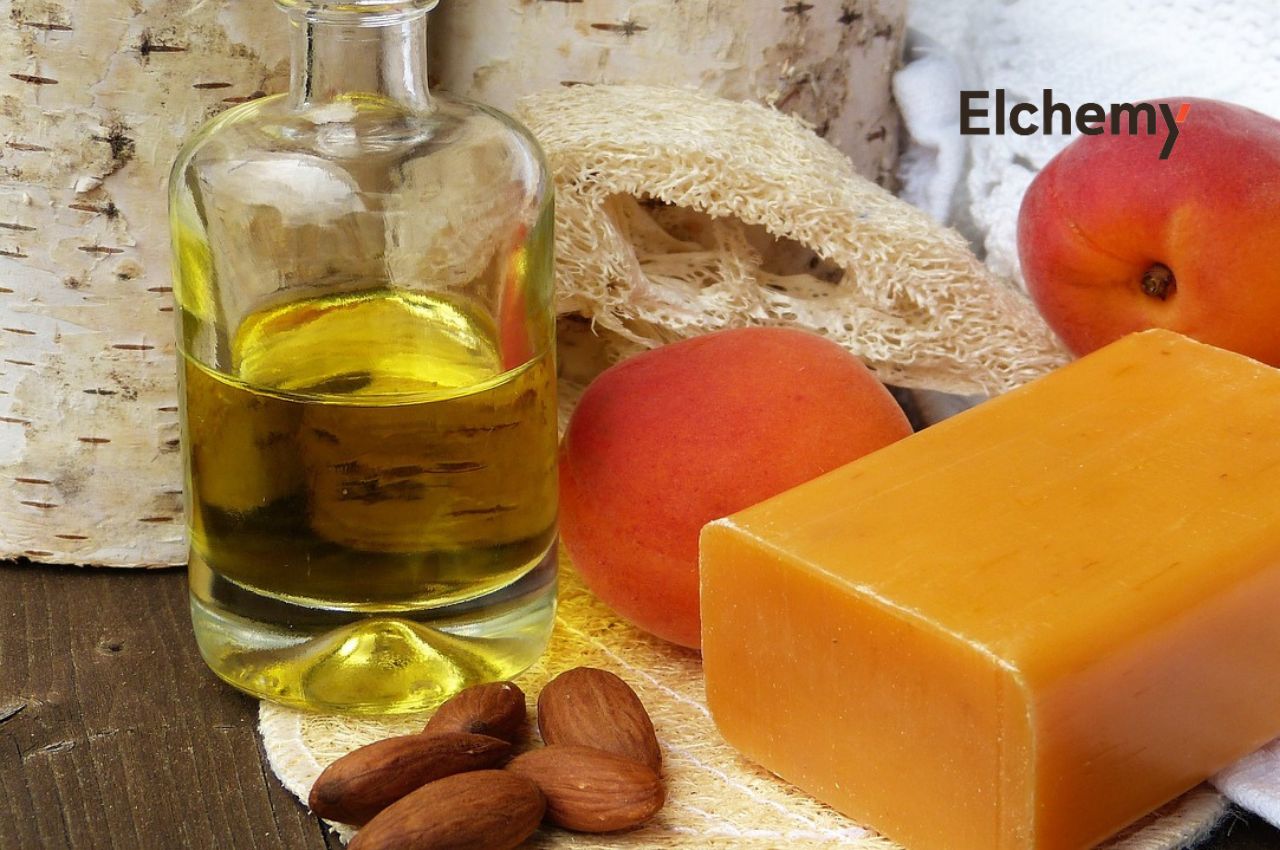The pandemic has completely shaken the entire world and impacted not only everybody’s personal life but also had profound consequences on the economy at large. Contrary to that, the pandemic has opened new avenues for several businesses and uplifted a few existing markets.
Here’s how the castor oil derivatives witnessed an upheaval in demand during the pandemic.
Castor oil products have a wide range of applications in industries such as surfactants, perfumes, paints and coatings, cosmetics and personal care products. Emerging sectors like biopolymers and cosmetics are using castor oil derivatives in their products owing to its versatility.
Let’s understand a few key castor oil derivatives in detail:
1. Turkey Red Oil
Turkey Red Oil is also known as Sulfated Castor Oil, generated from seeds by adding sulfuric acid to castor oil. Known as the first synthetic detergent, it makes a wonderful base that mixes well with water owing to its distinct scent along with its surfactant property.
Applications:
Some of its applications are listed below.
● Organic manure in agriculture
● Surfactants in the textile industry
● Emulsifiers in cosmetics products
● Lubricants in paint links
● Defoaming in the paper industry
2. Hydrogenated Castor Oil
Commonly known as castor wax, Hydrogenated Castor Oil is derived from castor beans which are liquid at room temperature. It is processed to raise its melting point to make it a solid structure at room temperature which is odourless and insoluble in water.
Applications:
● Hydrogenated castor oil is used as a fuel to light lamps.
● Used as a lubricant in air crafts.
● Used in polyurethane coating formulation.
● Used in cosmetics, polishes, electrical capacitors, as coatings.
3. Ricinoleic Acid :
Ricinoleic acid is an omega-9 fatty acid and is light coloured. It is extracted from castor oil through the hydrolysis process. It is found in mature castor plants constituting 90% of the castor oil.
Applications:
● Used as a treatment for skin inflammation, fungal infections, acne, etc. ● Used in the dispersion of pigments and dyes.
● Acts as a blood coagulant.
● Used as contraceptive jellies.
● Used in soaps, industrial lubricants, amine compounds, etc.
4. Sebacic Acid
Sebacic Acid is a dicarboxylic acid. It is a derivative of castor oil with white coloured crystal and is slightly soluble in water.
Applications:
● Used in cosmetics, candles, lubricants, plasticizers, etc.
● Used as a corrosion inhibitor in metalworking fluids.
● Used as an intermediate for antiseptics and painting materials.
● Used as a complexing agent in greases.

Growing demand of Castor Oil derivatives
The global castor oil derivatives market is projected to grow at a CAGR of 4.8% from 2022 to 2031. Castor oil derivatives are beneficial over vegetable oils because of fatty acid structure , soy, cotton, coconut and others. They are used for the formulation of paints, cosmetics products, lubricants, coatings, and others. They are used in industries like paint, automotive, electrical, coatings, aviation, and others.
Asia-Pacific and Middle Eastern countries are leading suppliers of castor oil across the globe. The production rate of castor oil decreased in between due to strict government guidelines and regulations on global trade after the pandemic. Nevertheless, production and sales of castor oil derivatives is back to their original growth phase due to relaxed COVID restrictions.
The burgeoning growth in industries like automotive, pharmaceutical, lubricants, cosmetics, and others has propelled the growth of the castor oil derivatives market. The market is
expanding due to the anticipated reduction in dependence on oil derivatives based on petrochemicals and the rising demand for sustainable products. Additionally, it is also driven by government’s regulatory support and rising prices of alternative renewable chemicals. The demand for castor oil derivatives has increased as a result of factors such as an expanding pharmaceutical industry, an increase in disposable income, an improvement in standard of living, and an increase in population. The pharmaceutical-grade castor oil derivatives are mostly used in the formulation of capsules and drugs containing edible oil because they act as an emulsifier, lubricant, and coating agent. Additionally, pharmaceutical ointments, creams, and lotions make use of USP-grade castor oil as an emollient. The growth of the global market is anticipated to be aided by these factors, which are also anticipated to present new opportunities in the global market for castor oil derivatives.
Some of the major players in the Castor Oil derivatives market include Kanak Castor Products, Girnar Industries, Jayant Agro Organics Ltd., Gokul Agri International, NK Industries, Hokoku Corporation, Vertellus, Krishna Antioxidants Pvt. Ltd., Thai Castor Oil Industries Ltd., Kokura Gosei Kogyo Ltd., Xingtai Lantian Fine Chemicals Ltd., ITOH Oil Chemical Ltd., Adani Wilmar, Thai Castor Oil Industries Ltd., Arvalli Castor Derivatives Pvt. Ltd., and Sebacic India Pvt. Ltd.



